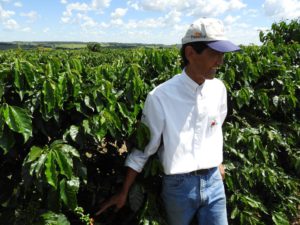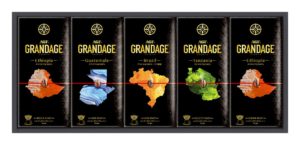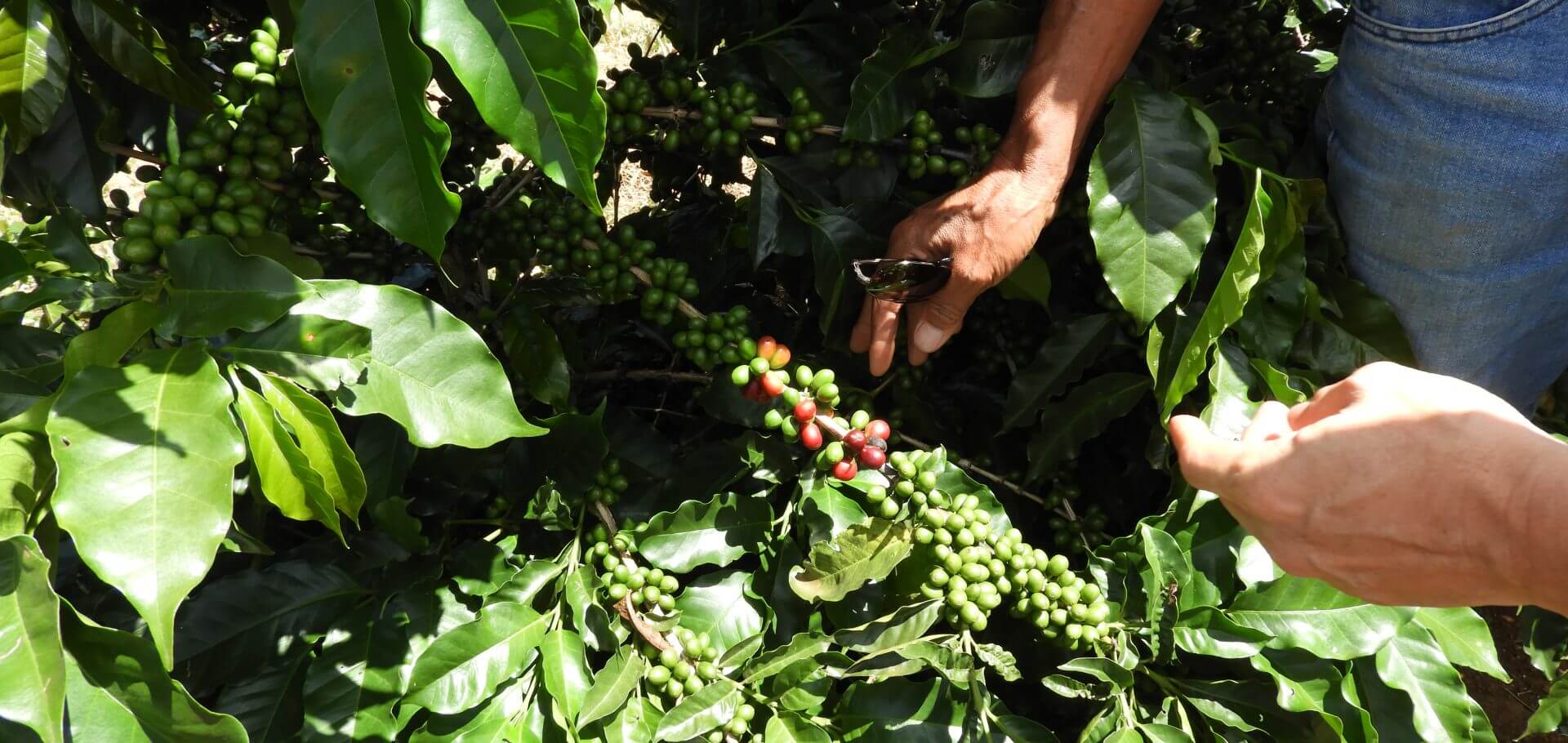Reading Time: 4minutes
How do you like your coffee? Once, the answer might have been “black” or “with milk and sugar.” Today, things are less straightforward. And, when it comes to beans, specialty blends and single origin coffees satisfy our desire for bolder, sweeter flavors. But it’s not all about taste: increasingly, consumers are viewing their choice of coffee—the second most traded global commodity after crude oil—as an ethical decision.
No country can claim a stronger connection to coffee than Brazil, the world’s largest producer by a wide margin. The hilly and humid subtropical region, where the coffee plant thrives, is home to Fazenda Bau. This family-run coffee plantation is headed by Tomio Fukuda and his son Durval, Brazilians of Japanese descent with a passion for high-quality coffee and a commitment to sustainable farming. “We follow the samurai philosophy,” says Tomio. “To grow our business, we need to continually plan and execute.”
 Fazenda Bau, a family-run coffee plantation is headed by Tomio Fukuda.
Fazenda Bau, a family-run coffee plantation is headed by Tomio Fukuda.
To realize this vision, Fazenda Bau employs Japanese management methods and is constantly looking for new technologies and investing in superior machinery. “Ninety-nine percent of famers just buy the cheapest tractors,” says Durval. “We want the best quality with the highest volume. To achieve this, we need the best tractors.” The Fukudas are equally committed to supporting their employees and local community. “Everyone shares the same vision—our employees are like our extended family.”
To ensure the best quality, Fazenda Bau uses AJIFOL®, a natural fertilizer made by the Ajinomoto Group, to achieve greater yields of high-quality beans. It enables plants to effectively absorb nutrients through their leaves, making them healthier, more productive, and capable of producing sweeter fruit. A coproduct of plant fermentation, AJIFOL® has minimal environmental impact. Elsewhere on the plantation, the Fukudas are experimenting with the dry-on-tree harvesting method: the cherries containing the coffee seeds, or beans, are left on the tree until black, concentrating their flavor. This is yet another example of the family’s passion for premium coffee.
While Fazenda Bau’s coffee beans are enjoyed in many countries, Japan, whose consumers care deeply about quality and sustainability, buys the bulk of Fazenda Bau’s beans. Ajinomoto AGF, Inc. is a major customer and features Bau coffee beans in its line-up of GRANDAGE® single origin coffees.

Ajinomoto AGF, Inc. is a major customer and features Bau coffee beansin its line-up of GRANDAGE® single origin coffees.
AJIFOL® and similar products made by the Ajinomoto Group continue to help Brazilian farmers grow better and safer crops, such as bananas and coffee, to feed the world. At every step of the value chain and food production cycle, we pursue solutions that are truly sustainable. Because when it comes to doing right by the environment, the answer really is black and white.

